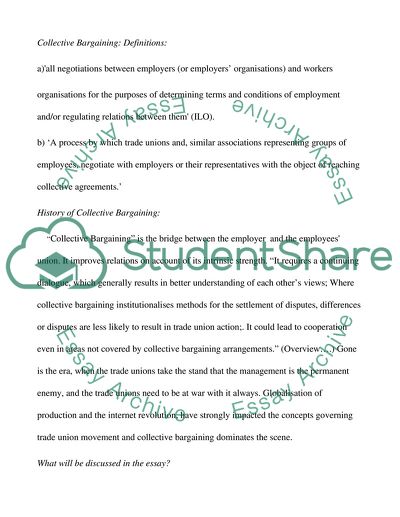Cite this document
(Merits of Collective Bargaining and the Impact of Globalization on the Term Paper, n.d.)
Merits of Collective Bargaining and the Impact of Globalization on the Term Paper. Retrieved from https://studentshare.org/politics/1734066-the-trend-towards-decentralisation-of-collective-bargaining-has-been-mainly-at-the-behest-of-management-discuss
Merits of Collective Bargaining and the Impact of Globalization on the Term Paper. Retrieved from https://studentshare.org/politics/1734066-the-trend-towards-decentralisation-of-collective-bargaining-has-been-mainly-at-the-behest-of-management-discuss
(Merits of Collective Bargaining and the Impact of Globalization on the Term Paper)
Merits of Collective Bargaining and the Impact of Globalization on the Term Paper. https://studentshare.org/politics/1734066-the-trend-towards-decentralisation-of-collective-bargaining-has-been-mainly-at-the-behest-of-management-discuss.
Merits of Collective Bargaining and the Impact of Globalization on the Term Paper. https://studentshare.org/politics/1734066-the-trend-towards-decentralisation-of-collective-bargaining-has-been-mainly-at-the-behest-of-management-discuss.
“Merits of Collective Bargaining and the Impact of Globalization on the Term Paper”, n.d. https://studentshare.org/politics/1734066-the-trend-towards-decentralisation-of-collective-bargaining-has-been-mainly-at-the-behest-of-management-discuss.


